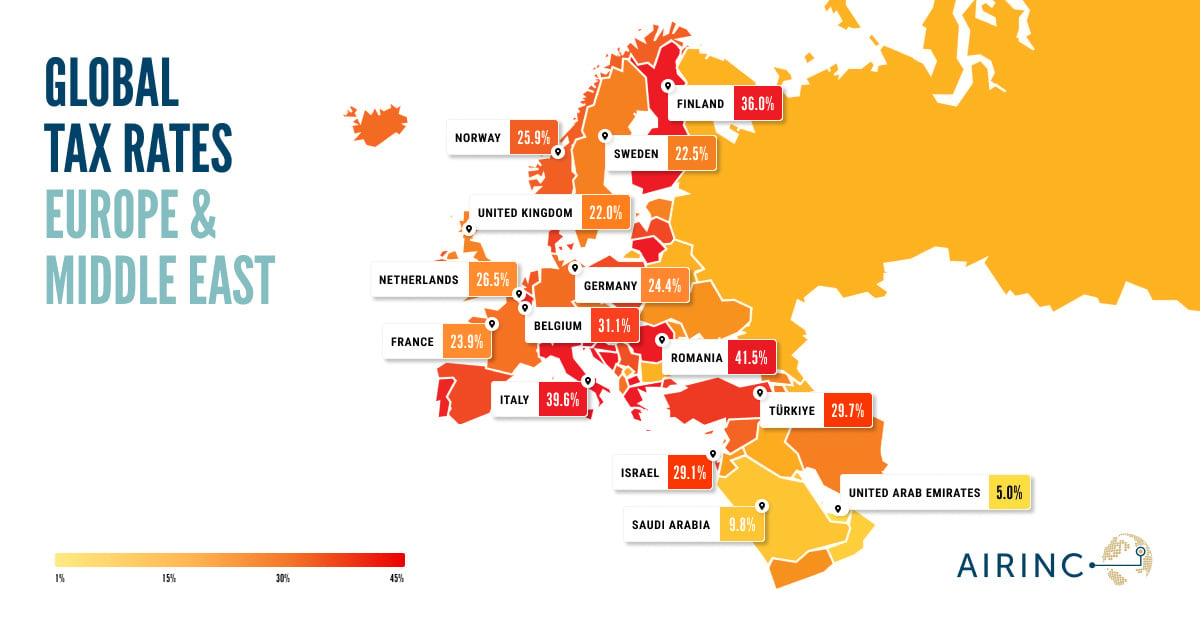Permanent Establishment (PE) refers to a "taxable presence" that can result in corporate income tax or other taxes on business activity such as Value Added Tax (VAT), Sales Tax, and payroll taxes in a country or tax jurisdiction. It is a crucial term used in bilateral income tax treaties that helps determine if a foreign company is subject to local taxes.
Tax Treaties
Tax treaties serve the purpose of determining which country has the right to assess tax on a company's business activity - either the country of residence or the "source" country where the activity is occurring. Typically, the country of the company’s residence has the broad authority to assess corporate tax, but applying the concept of PE allows the source country to reclaim the right to tax under the treaty. The profits attributed to the PE are then taxed by the source country, making it an important aspect for companies to manage.
Given the potential for a substantial tax bill, it's no surprise that companies are devoting significant resources to determining whether they have a Permanent Establishment (PE) in a particular country. While much of this work is handled by a company's corporate tax and finance departments, global mobility professionals may also play a key role in managing PE by consulting with the corporate tax team regarding the activities of mobile employees and developing strategic solutions.
Creating Permanent Establishment
Companies can create a Permanent Establishment (PE) in a country through various means such as having a physical office or facility, conducting business activities through employees, engaging in local manufacturing, owning property or equipment, having a local digital presence, or when an agent of the company has the authority to execute contracts on its behalf. This "taxable presence" can result in local taxes on corporate income, Value Added Tax (VAT), Sales Tax, and payroll taxes, among others. It crucial for global mobility professionals to understand this corporate tax exposure and help the company manage the associated risks that mobile employees may bring. As companies consider new remote working arrangements, requests for international remote working should include an analysis of PE impact.
Short-Term Assignees
In addition to the corporate tax risk, a corporate PE can impact the tax situation of mobile employees, particularly short-term assignees on assignments less than 183 days that are from treaty countries. These short-term assignees will not qualify for tax treaty relief if the company has a PE in the host country. Cross-charging of costs to a local PE can also prevent treaty exemptions for short-term assignments, triggering host country individual tax. Many companies will consider offering tax equalization to protect impacted employees from additional tax costs if there is a host income tax obligation.
Tax-Planning Strategy
To minimize the risks associated with Permanent Establishment (PE), tax-planning strategies such as corporate restructuring, outsourcing, intercompany agreements, and secondment agreements can be reviewed. It is important to note that this is a complex tax area and must be done location by location with a need for monitoring of changes in tax law or changes in business operations. If a PE is determined to exist, an analysis of the "sourcing" of profits to the source country is done to determine the corporate taxable income. The location where employees are working is a key factor in assessing exposure to PE. Transfer pricing for intercompany transactions and how to cross-charge the appropriate salary costs of mobile employees are related tax considerations. As the concept of PE continues to evolve, global mobility professionals will want to stay up to date with changes in treaty language and multilateral treaty changes that may broaden how PE is applied.
What are your next steps?
If you need advice, guidance, or calculations, please reach out today by clicking the button below:




%20-%202026-02-04T222549.716%20(1).png)


